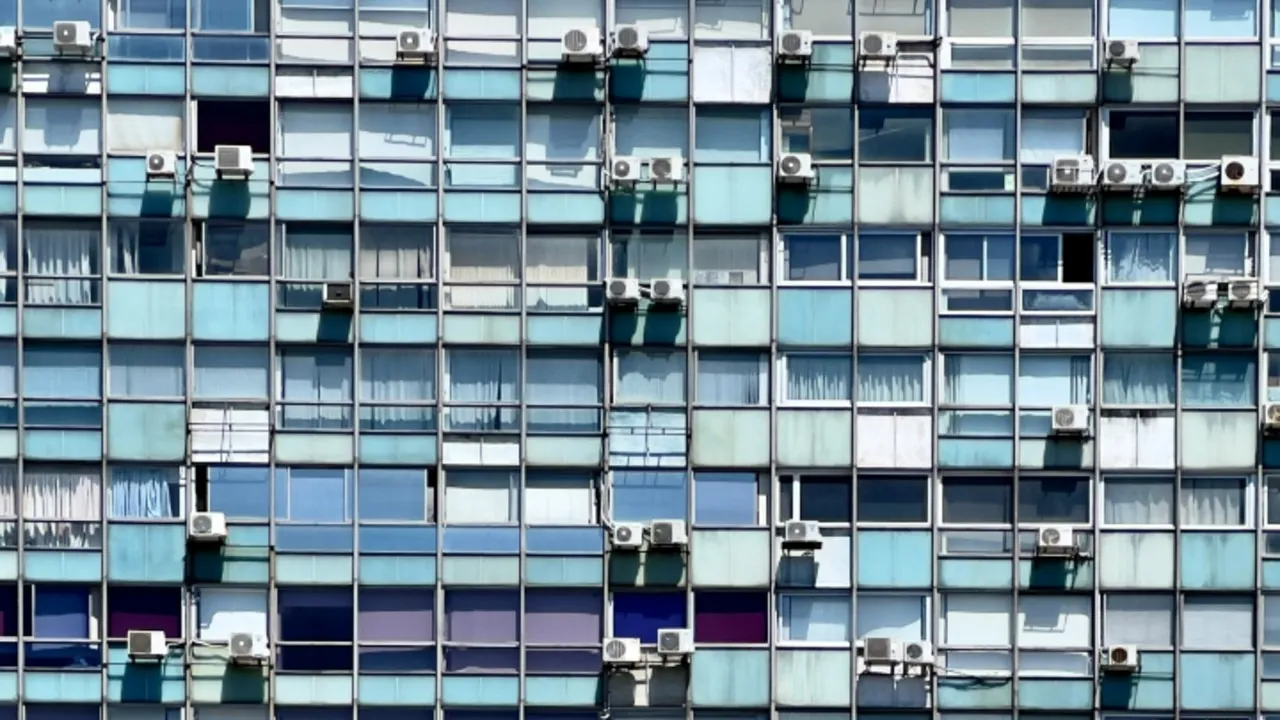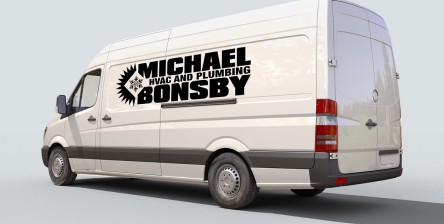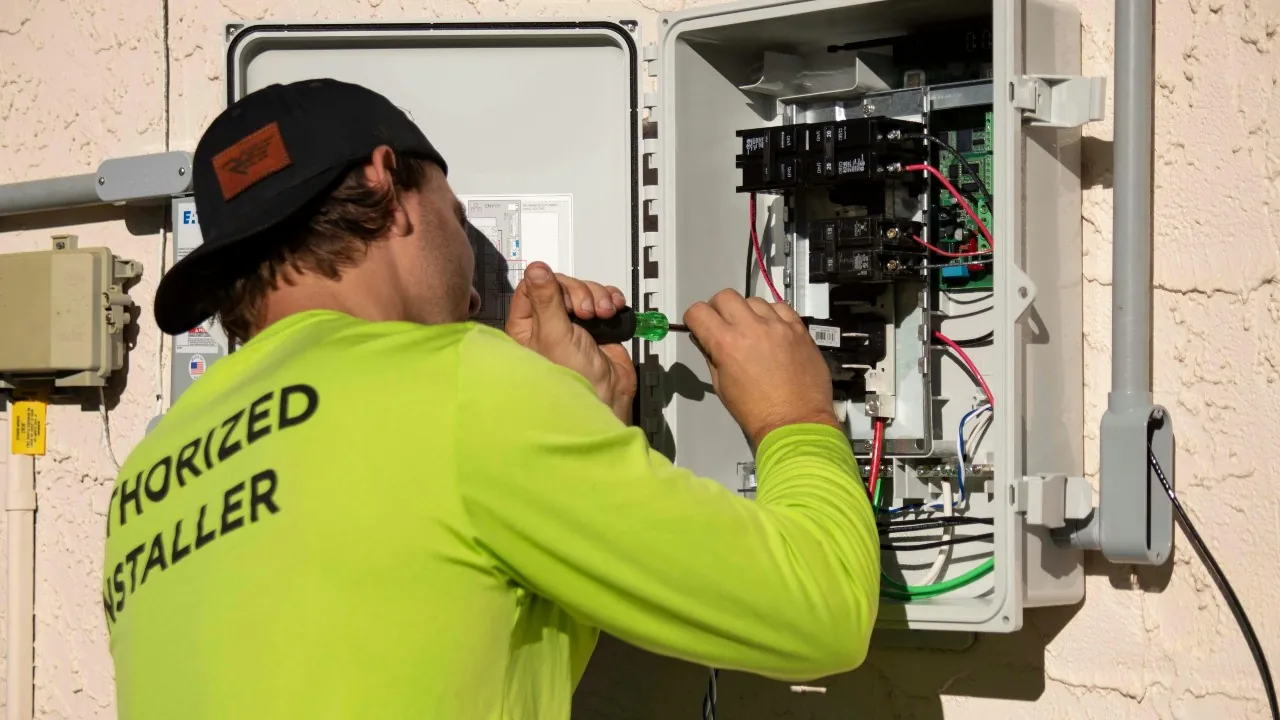AC Repair in Washington, DC: What Most Homeowners Get Wrong About Timing

When your air conditioner starts making noise or blowing warm air, most people wait until it stops working completely before calling for help. But in Washington, DC’s hot, humid climate, waiting too long for AC Repair in Washington often leads to bigger problems, higher costs, and more discomfort.
This article covers what most homeowners in DC get wrong about AC repair timing—and how to avoid falling into the same trap.
Why Timing Matters for AC Repair in Washington
The Cost of Delaying Service
A small issue like a loose capacitor or clogged drain line might cost $100 to fix early on. Left too long, it can cause a full system failure that costs thousands. DC homeowners often assume it’s more efficient to wait, but in reality, timely AC Repair in Washington can reduce total HVAC expenses by up to 40% over the system’s lifespan.
Peak Season Means Slower Response Times
In the peak of summer, HVAC repair companies in DC get booked fast. A repair that could be done same-day in spring may take 3-5 days in July. That means days of discomfort while you wait for service.
Heatwaves Can Push Systems Over the Edge
When temperatures spike above 90°F, older or under-maintained systems are more likely to fail. Scheduling service before the heatwave can mean the difference between a quick tune-up and a complete breakdown.
Common Misconceptions About AC Repair in Washington: Timing
“If It’s Still Running, It Can Wait”
Just because your unit is blowing cold air doesn’t mean it’s fine. Strange noises, short cycling, or inconsistent airflow are all signs something is wrong.
“I Can Wait Until My Annual Tune-Up”
Routine maintenance is helpful, but it doesn’t replace repair. If your AC shows signs of trouble between tune-ups, it’s time to call.
“All HVAC Companies Respond Fast”
During a heatwave in DC, even the best HVAC companies get overwhelmed. Waiting until your system fails could leave you without AC for days.
When Should You Schedule AC Repair in Washington?
1. As Soon as You Notice Warning Signs
- AC blowing warm air
- Unusual noises or smells
- Water pooling around the unit
- Frequent cycling on and off
2. Before Peak Season Starts
Spring is often the best time to schedule non-emergency repairs. HVAC techs have more availability and may offer seasonal pricing.
3. After Heavy Use or a Storm
Power surges or blocked outdoor units can cause hidden damage. If your AC struggles after a thunderstorm or heatwave, have it checked.
The DC Climate Adds Extra Pressure
Humidity in Washington, DC can stay high from May through September. This means AC units work harder to keep homes comfortable. A delay in fixing one part can strain the whole system, especially during multi-day heatwaves.
How to Be Proactive with Your AC
Book Seasonal Maintenance
Schedule professional tune-ups twice a year—spring and fall. This keeps your system running efficiently and catches problems early.
Know Your Unit’s Age
If your AC is 10-15 years old, it may be time to budget for a replacement. Repairs become more frequent and less cost-effective with age.
Keep an Eye on Performance
Watch for temperature inconsistencies, rising energy bills, or longer cooling cycles. These are early signs of needed repair.
Get Trusted AC Repair in Washington, DC
Whether you’re hearing odd noises, noticing uneven cooling, or just not getting the performance you expect, now is the time to act. Our local team serves the DC region with fast-response AC repair that prioritizes prevention over emergency.
You don’t need to wait for a full breakdown to get ahead of the heat. These services are designed to catch issues early and keep your system running smoothly:
Our Insight
Want to know what separates good HVAC companies from great ones? This Authority Magazine interview with Dario Compain shares insights on building service that lasts.
Don’t wait for your AC to stop completely before calling for help. In Washington, DC’s summer heat, fast action is your best bet. Spot the warning signs, understand your timing, and avoid the repair rush by staying ahead of the heat.
Contact Us Today Full Width



